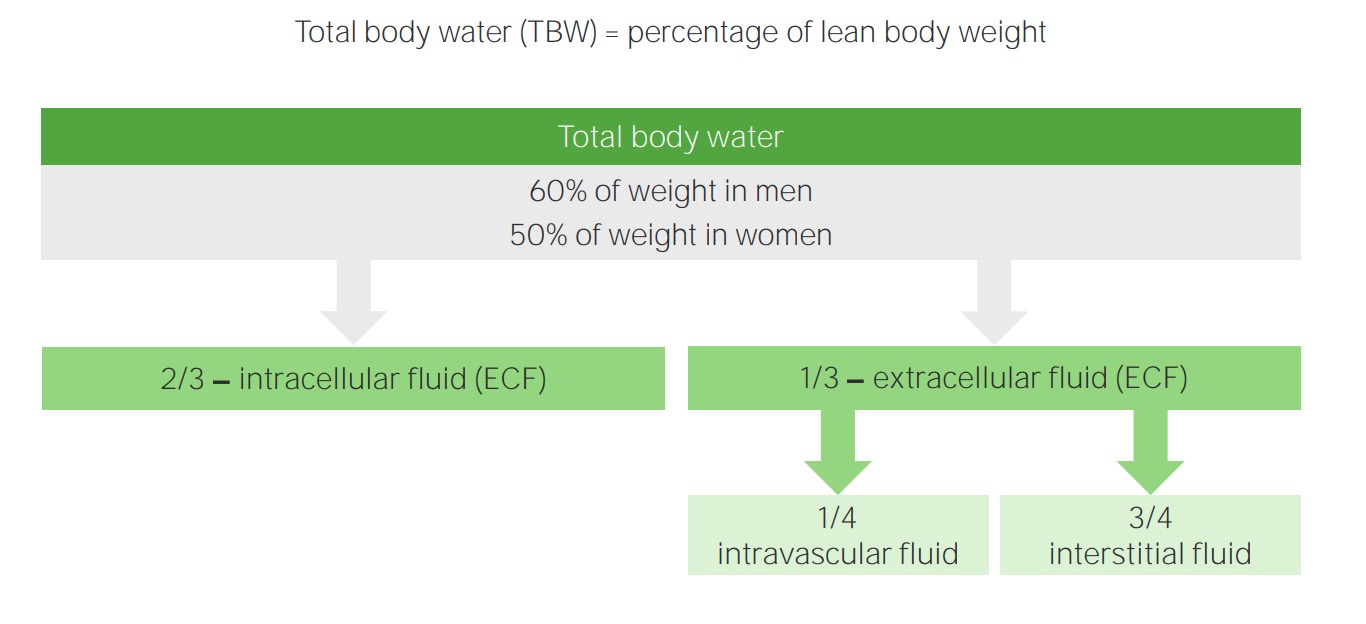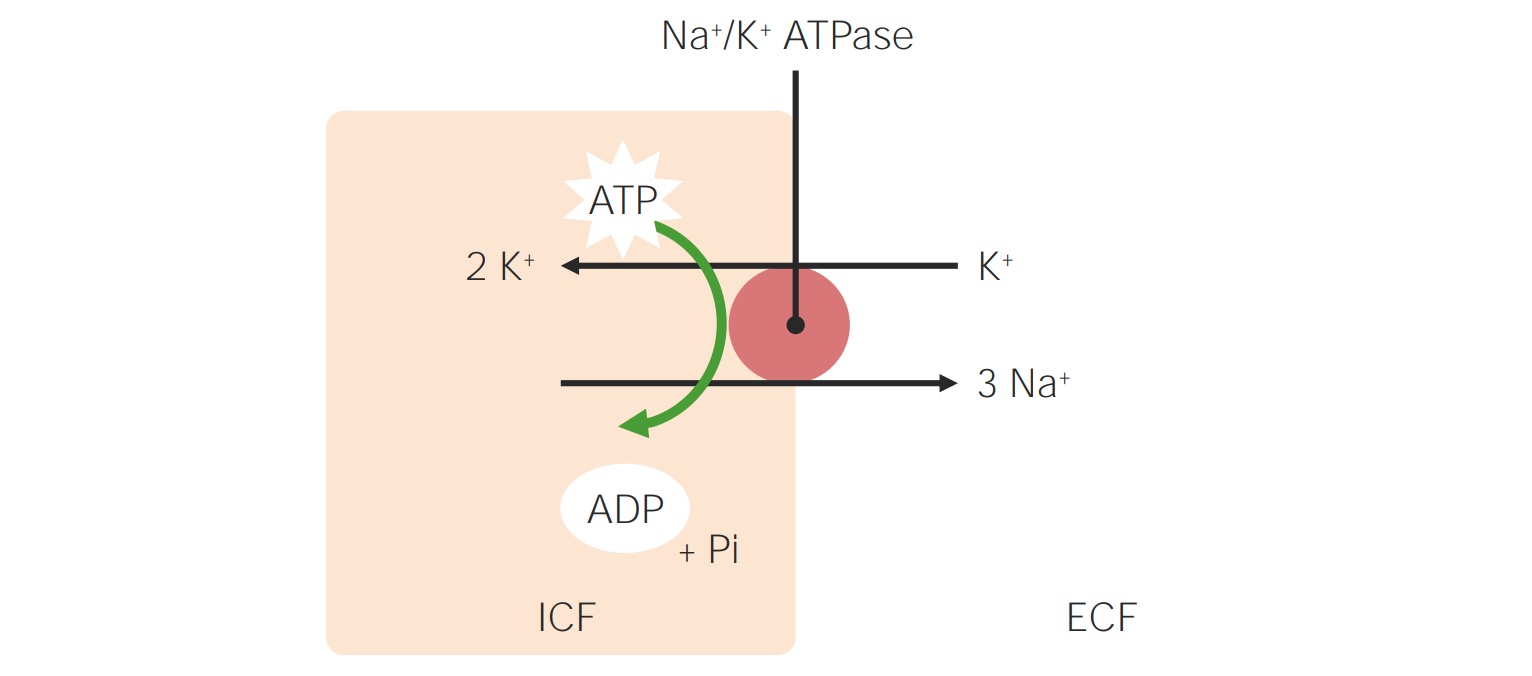Playlist
Show Playlist
Hide Playlist
Regulation of Fluid and Electrolyte Balance: Key Points
-
Slides RegulationofFluidandElectrolyteBalance IntegratedRenalPathology.pdf
-
Reference List Pathology.pdf
-
Download Lecture Overview
00:01 These two bullet points as simple as it may seem have profound meaning. Listen. Normally body fluid volume, how do you control this? Let me bring in the hormone aldosterone. With aldosterone, when it kicks in, it wants to do what? Reabsorb the sodium. As soon as you reabsorb the sodium, does it affect osmolarity or does it affect more of the volume? Interesting. For example, if you talk about aldosterone and increasing blood pressure and you are reabsorbing your sodium, does that increase more of your systolic or diastolic blood pressure? Mean to say that sodium fluid comes in. It puts more fluid or volume into the heart. You increase your stretch thus you increase your systolic blood pressure. So there I need you to understand how profound it is to say the sodium balance then regulates your volume. Aldosterone will be a prime example of a hormone. Versus now here the theme of the sentence is osmolarity the primary determinant for this, of course, being your sodium concentration, regulated by well this would be osmolarity. So what hormone are you thinking about here? What are those called by the hypothalamus that detects the osmolarity of the plasma? I believe they are called osmoreceptors. Oh well, there it is. So osmoreceptors is then going to regulate the release of ADH, but then what does ADH do? Only works to reabsorb water and so the water then dictates as to what happens to the osmolarity. Fascinating statement, aren't they? The common theme, the first statement aldosterone being your example, the second one would be ADH. Let us further move on. 01:57 Regulation of water, key points. Changes in sodium balances, thus what? Changes in volume status. We just got them talking about aldosterone. Changes in water balance then changes your sodium concentration, we have osmolarity. Certain pathologic conditions in which, well, may I ask you something? What is the most tightly regulated type of parameter? What would be the volume or more so the osmolarity on a regular basis between you and I right now? Here I am and I am lecturing my butt off for a number of hours and as I do so, then I can expect there to be evaporation of water? Sure. So therefore on a regular basis, you think it is more amount of volume that has been affected or it's osmolarity? That is an important physiologic question. The osmolarity is the one in which it is being tightly regulated. 02:52 Certain times, however, you might have a crossover where you are losing so much volume that the osmolarity is actually sacrificed. All I am doing here is introducing topics and concepts to you and as you move on we are going to obviously plug in the details. The cross over effect is something we should pay attention to
About the Lecture
The lecture Regulation of Fluid and Electrolyte Balance: Key Points by Carlo Raj, MD is from the course Fluid and Electrolyte Balance.
Included Quiz Questions
Changes in volume status are best regulated by which of the following hormones?
- Aldosterone
- Prolactin
- Corticosteroid
- Antidiuretic hormone
- Growth hormone
Which of the following hormonal changes is most likely in a patient with decreased plasma volume?
- Secretion of aldosterone
- Suppression of aldosterone
- Suppression of antidiuretic hormone
- Secretion of glucocorticoids
The antidiuretic hormone regulates serum osmolality by which of the following mechanisms?
- Promoting water reabsorption
- Promoting sodium absorption
- Promoting sodium excretion
- Promoting water excretion
- Promoting renin secretion
Serum sodium concentration is mainly regulated by which of these factors?
- Water balance and antidiuretic hormone level
- Water balance and aldosterone level
- Sodium balance and aldosterone level
- Sodium balance and antidiuretic hormone level
- Water balance and renin level
Customer reviews
5,0 of 5 stars
| 5 Stars |
|
5 |
| 4 Stars |
|
0 |
| 3 Stars |
|
0 |
| 2 Stars |
|
0 |
| 1 Star |
|
0 |





